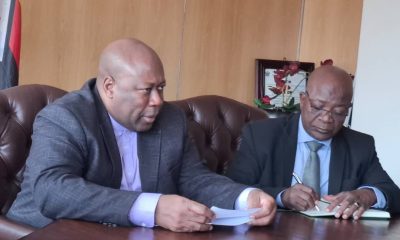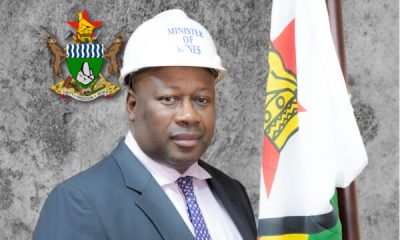Business
Mining Sector banks billions of investments
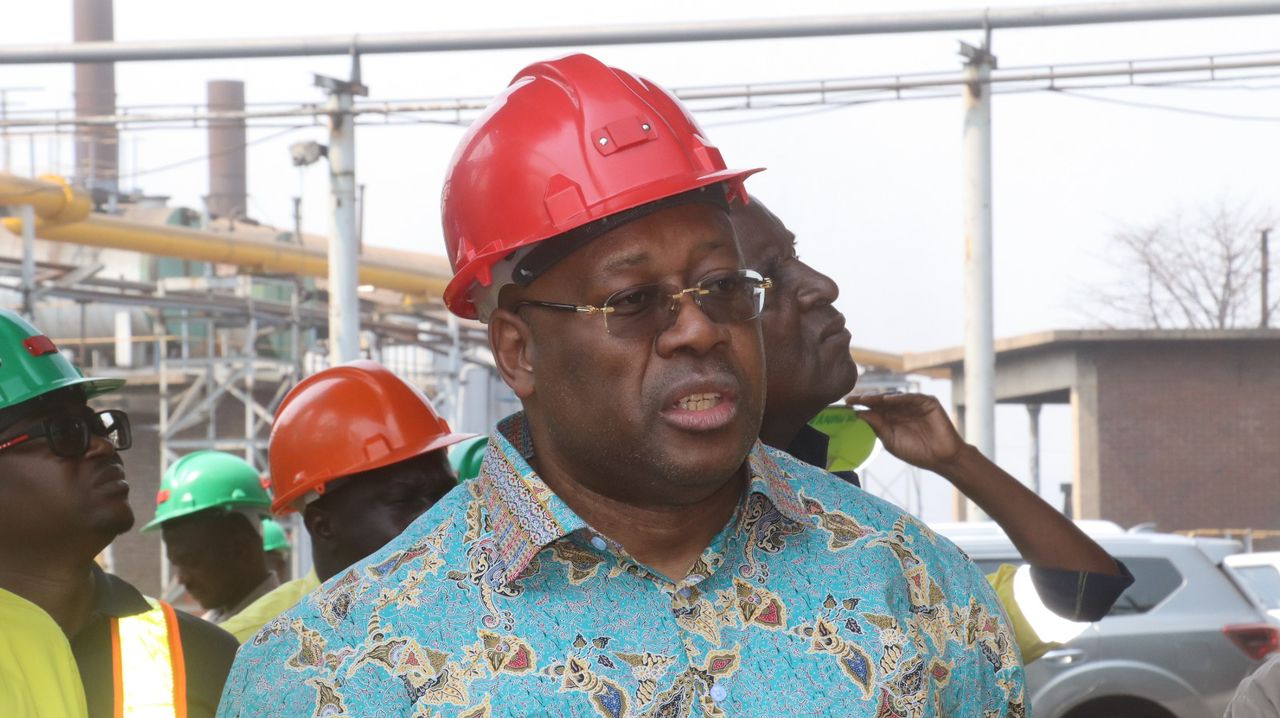
Mines and Mining Development Minister Honourable Winston Chitando has revealed that Zimbabwe’s mining sector has become a cornerstone of the country’s economy under the Second Republic, attracting significant investments exceeding billions of dollars.
In an interview ahead of the Mining Entra 2025, scheduled to take place from 8 to 10 October, he said the sector’s growth is evidenced by the large number of strategic and high-value investment projects being established across the country.
“These investment projects cover the entire mining sector value chain from exploration and mining to beneficiation and value addition as well as the expansion of existing operations,” he said.
- Some of the key projects include:
- Dinson Iron and Steel Project
- Palm River Energy Metallurgical Plant under the Beitbridge Special Economic Zone
- Zimplats and Unki Expansion Projects
- Zhongjin Heli Energy (Pvt) Ltd, a USD 500 million integrated industrial park near Hwange’s Five Mile area
- Blanket Mine and Pickstone Peerless Mine Expansion Projects
- Re-opening of Eureka Gold Mine
In terms of beneficiation, he highlighted:
- Lithium beneficiation plants at Bikita Minerals, Prospect Lithium, and Kamativi Mine
Plans for the establishment of coke oven batteries by various companies.
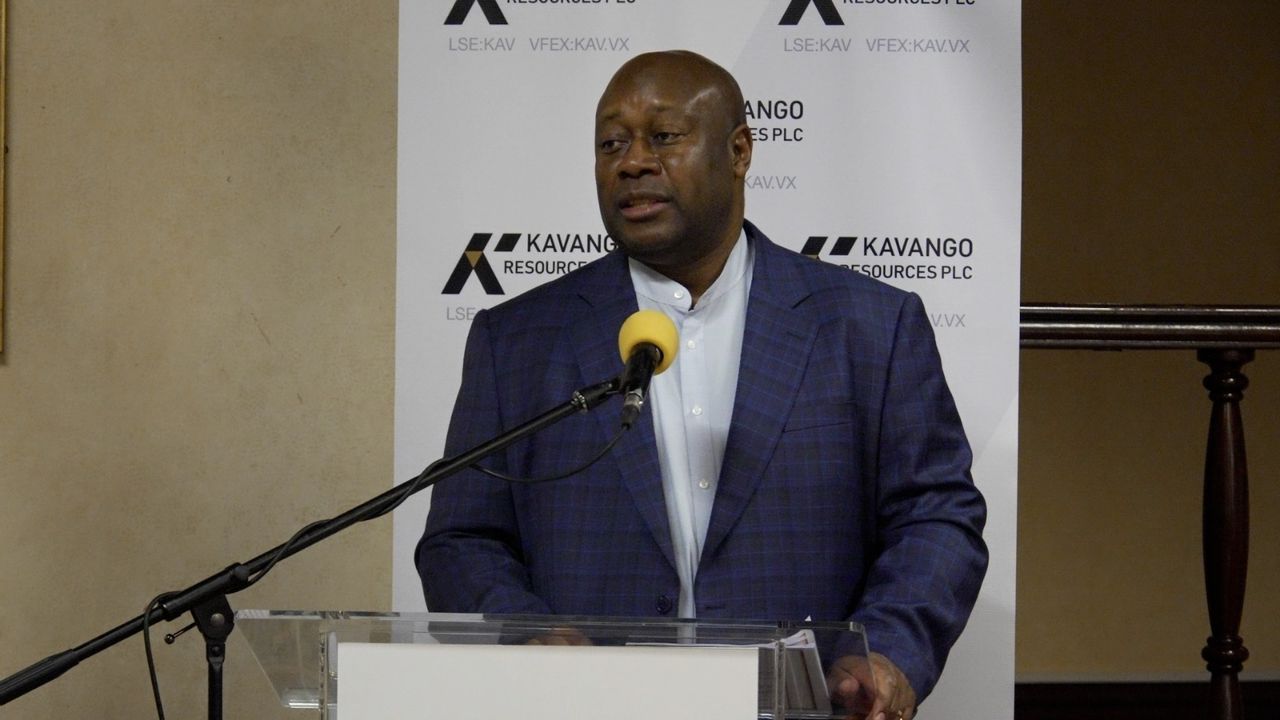
The Mining Entra 2025 will be held in Bulawayo under the theme: “Beyond Extraction: Sustaining the Future of Mining with a Focus on Zimbabwe’s Mining Industry.”
Honourable Chitando said the government is implementing various legal reforms and ease-of-doing-business measures across all sectors, including mining, to ensure Zimbabwe maintains a competitive investment climate.
“Government is putting in place measures to attract global investors. These include legislative reforms to create a conducive and competitive investment environment. Currently, the Ministry of Mines and Mining Development is amending the Mines and Minerals Act [Chapter 21:05]. The Mines and Minerals Amendment Bill was gazetted in June 2025. Furthermore, the Ministry is crafting Minerals Development Policies to guide investments into the sector,” he said.
He added that the Ministry is also aggressively marketing Zimbabwe’s mining investment opportunities at various forums, in collaboration with agencies such as ZIDA.
The government provides several incentives for mining investors, including:
- Competitive corporate tax rates of 25% (15% for Special Mining Lease holders)
- Full deductions on all capital expenditure incurred exclusively for mining operations
- No restrictions on the amount of foreign currency brought into the country
- 100% repatriation of invested capital, dividends, and disinvestment proceeds
- VAT deferment on capital equipment imported for mine development
- Indefinite carry-over of tax losses for mining companies
Business
Lower Gweru Miner Rises From Artisanal Beginnings to Multimillion-Dollar Gold Venture
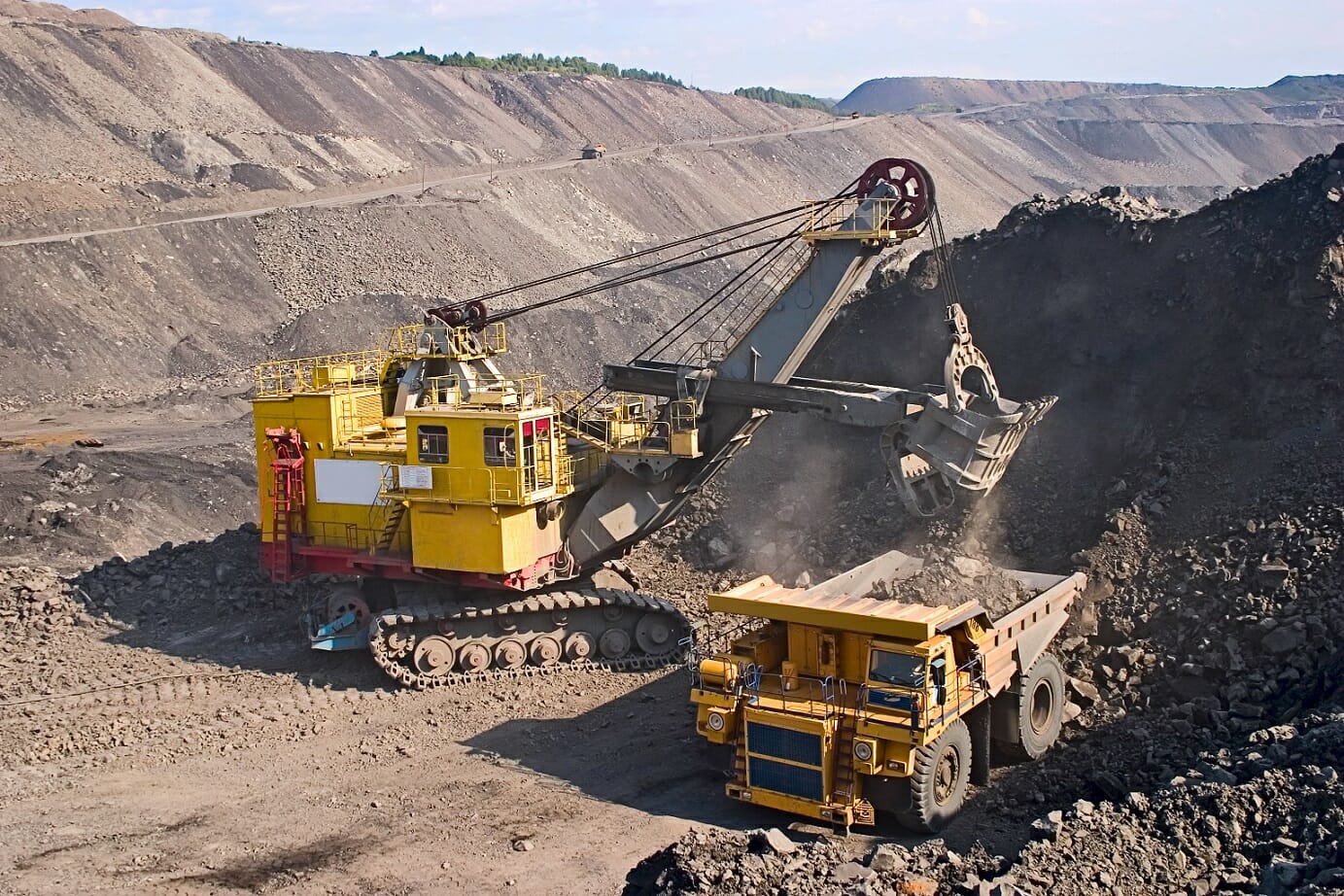
A miner from Lower Gweru has risen from humble beginnings to become the owner of a multimillion-dollar gold operation—progress he credits to the empowerment initiatives rolled out under the Second Republic.
Latest figures show that small-scale miners now account for roughly 75 percent of Zimbabwe’s yearly gold deliveries, underscoring the sector’s growing influence.
Tawanda Muchenurwa, born 52 years ago in rural Chivi, Masvingo, discovered his love for gold prospecting as a young student, spending much of his time searching for the precious mineral along the Runde River.
He later joined Zim Alloys, where he sharpened his understanding of mining techniques. Eventually, he left formal employment to pursue artisanal mining in the Shurugwi mountains, a bold step that would lay the foundation for his future success.
Through persistence and careful saving, Muchenurwa managed to register a mining claim in Lower Gweru—land that he would transform into a thriving gold operation.
Today, his venture, Birthday Mine, employs more than 100 people and contributes over 1.5kg of gold to national reserves each month.
“It has been a long road. When I bought this place in 2016, it was nothing but a mountain. Using savings from my artisanal mining work, I slowly built the operation. The real turning point came after 2018, when the Second Republic opened more doors for local miners. I accessed a loan and began structured mining,” he said.
“With the President’s Vision 2030 in mind, we are pushing even further. We now have modern underground mining machinery, and by next year I’m targeting at least 10kg of gold every month.”
The mine has also brought relief to nearby communities, creating jobs and improving household incomes.
“For many of us, securing employment here has changed our lives. I can now support my husband and help my siblings with school fees,” said employee Mrs Brilliant Shumba.
Another worker, Mr Ikabot Chadza, echoed the sentiment: “This job has equipped me with new skills and eased the burden of supporting my family. It has truly empowered me.”
Muchenurwa’s rise from artisanal miner to major gold producer highlights the power of determination and hard work. And as Zimbabwe exceeds its 40-tonne annual gold target, miners like him—who make up about 75 percent of bullion deliveries—remain central to the sector’s continued growth.
Business
Alfred H Knight Shows Interest in Zimbabwe’s Metals and Minerals Sector

Global inspection and technical consultancy firm Alfred H Knight has signalled its intention to expand into Zimbabwe, a move expected to boost investment in the country’s mining industry.
The company, known worldwide for its work in inspection, analysis and advisory services for the metals and minerals trade, recently sent a delegation to Zimbabwe to explore business opportunities. During their visit, company representatives commended the country’s improving investment environment and its openness to international investors.
Regional Business Development Manager Jonas Kamonere said Zimbabwe’s stable investment climate under the current administration makes the country an appealing location.
“We appreciate the investment environment that has been established by the new leadership,” he said.
Kamonere added that Zimbabwe’s rich mineral endowment—including precious metals, gemstones, base metals and industrial minerals—positions it as a significant market for the company.
From the Asian division, Business Development Manager Simon Sun highlighted that Zimbabwe’s mineral deposits offer strong revenue-generating potential. He noted that ongoing government efforts to encourage foreign investment in mining are likely to yield positive economic results.
“Zimbabwe is a strategic market when you look at the mineral wealth beneath its soil,” Sun said.
The company’s interest reflects confidence in government policies and its commitment to building a supportive business environment. Sun also emphasised that the favourable operating conditions make Zimbabwe a competitive choice for international investors.
Alfred H Knight provides a range of services essential to the metals and minerals supply chain, including sampling, weighing, laboratory analysis and quality control. The firm also offers technical consulting on mineral processing, plant design and operational efficiency, promoting responsible and sustainable mineral production.
With more than 140 years of experience and operations in at least eight African countries—such as Angola, Botswana, the DRC, Mozambique, Namibia and South Africa—the firm has a strong international presence across more than 60 countries.
The company’s entry into Zimbabwe is expected to stimulate economic activity by creating jobs, supporting local industries and encouraging further foreign investment. The government will also benefit through increased tax revenue and royalties.
The interest shown by Alfred H Knight further demonstrates that initiatives under the Second Republic—such as tax incentives, regulatory reforms and improvements to transport and communications infrastructure—are helping to attract global players to Zimbabwe’s mining sector.
Business
ZIMRA REMINDS TAXPAYERS TO SUBMIT FOURTH QUARTER PROVISIONAL RETURNS
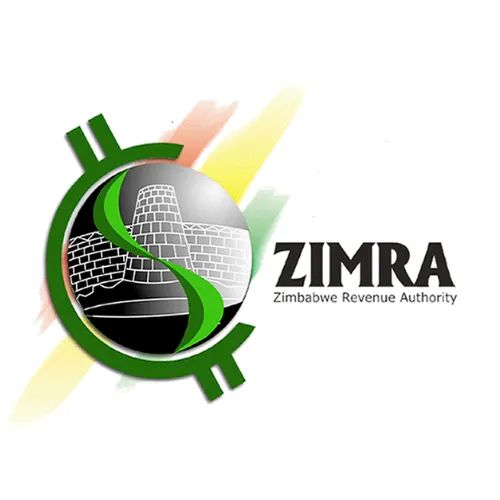
Harare, Zimbabwe 11 December 2025: The Zimbabwe Revenue Authority (ZIMRA) has urged all taxpayers earning income from business or investments to submit their Fourth Quarter Provisional Tax Returns and settle payments for the 2025 tax year on time.
All taxpayers deriving income from business or investments, including self-employed professionals such as architects, engineers, legal and health practitioners, and real estate agents.
Submission of Fourth Quarter Provisional Tax Returns and payment of the corresponding tax. Taxpayers are also advised to reconcile any shortfalls from previous quarters or settle outstanding arrears.
Returns are due by 15 December 2025, while payments must be made on or before 20 December 2025.
At the nearest ZIMRA offices or through the online Taxpayer Revenue Management System (TaRMS).
ZIMRA said the reminder aims to encourage voluntary compliance and ensure all taxpayers meet their obligations under the Self-Assessment System, which now includes certain self-employed professionals previously paying presumptive tax.
Taxpayers should calculate provisional tax by estimating annual tax liability, apportioning income and expenses, converting excess USD income to ZWL, and applying the 35% rate for the fourth quarter.
ZIMRA also thanked taxpayers who have already submitted returns and payments, encouraging continued compliance in future years. Taxpayers facing challenges are urged to consult the nearest ZIMRA office for assistance.
“My Taxes, My Duties: Building My Zimbabwe,” the authority said, wishing all residents happy holidays.
-

 Current Affairs1 month ago
Current Affairs1 month agoOperation restore order
-

 Crime and Courts3 months ago
Crime and Courts3 months agoMasasi High School Abuse Scandal Sparks Public Outcry
-

 Crime and Courts3 months ago
Crime and Courts3 months agoKuwadzana Man Jailed for Reckless Driving and Driving Without a Licence
-

 Current Affairs5 months ago
Current Affairs5 months agoBreaking: ZIMSEC June 2025 Exam Results Now Available Online
-

 Current Affairs4 months ago
Current Affairs4 months agoMunhumutapa Day: Zimbabwe’s Newest Public Holiday Set for Annual Observance
-

 Current Affairs3 months ago
Current Affairs3 months agoBREAKING NEWS: ZANU PF Director General Ezekiel Zabanyana Fired
-

 Current Affairs4 months ago
Current Affairs4 months agoNo Racism in Our Cricket: Government
-

 Current Affairs4 months ago
Current Affairs4 months agoGovernment Bans Tinted Car Windows in Nationwide Crime Crackdown

